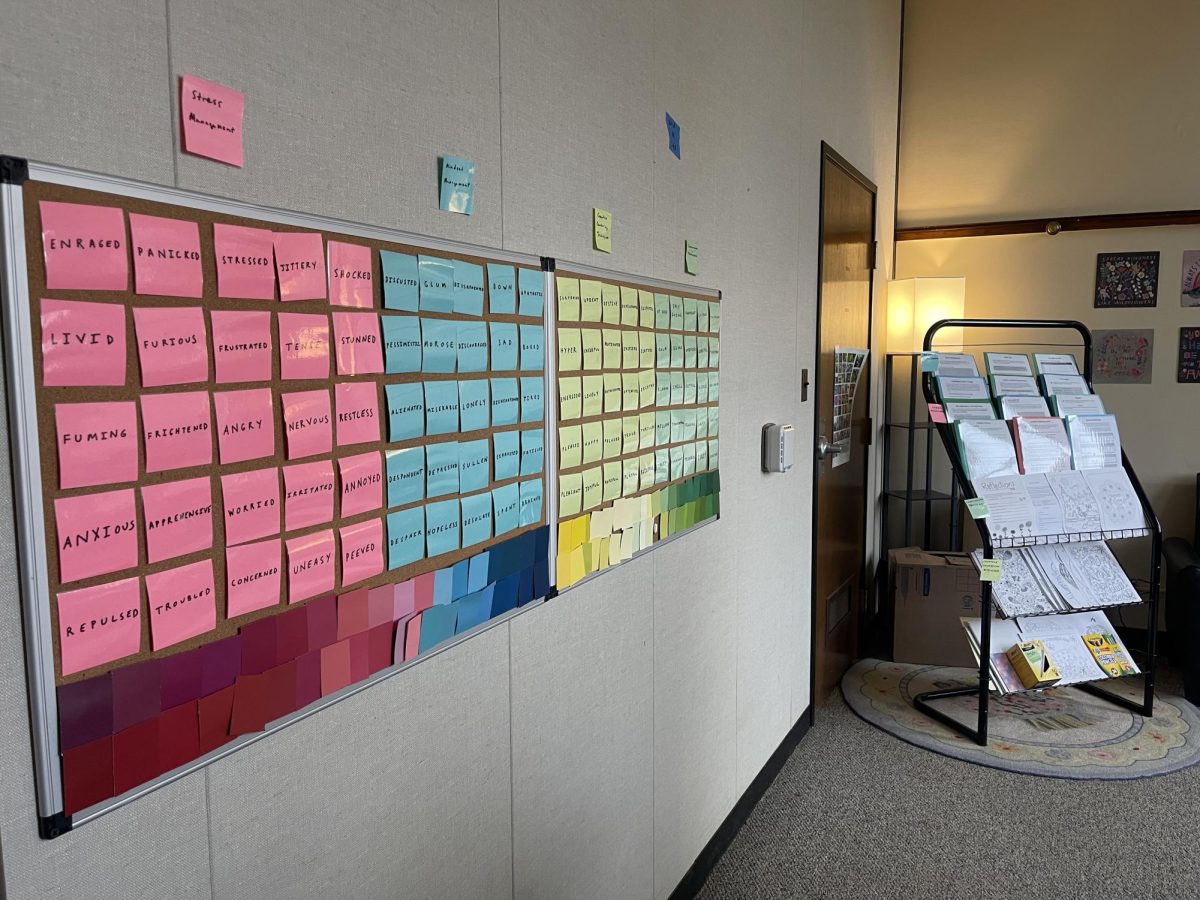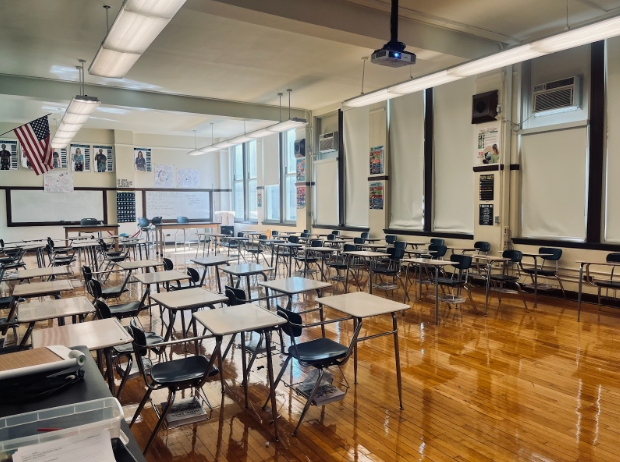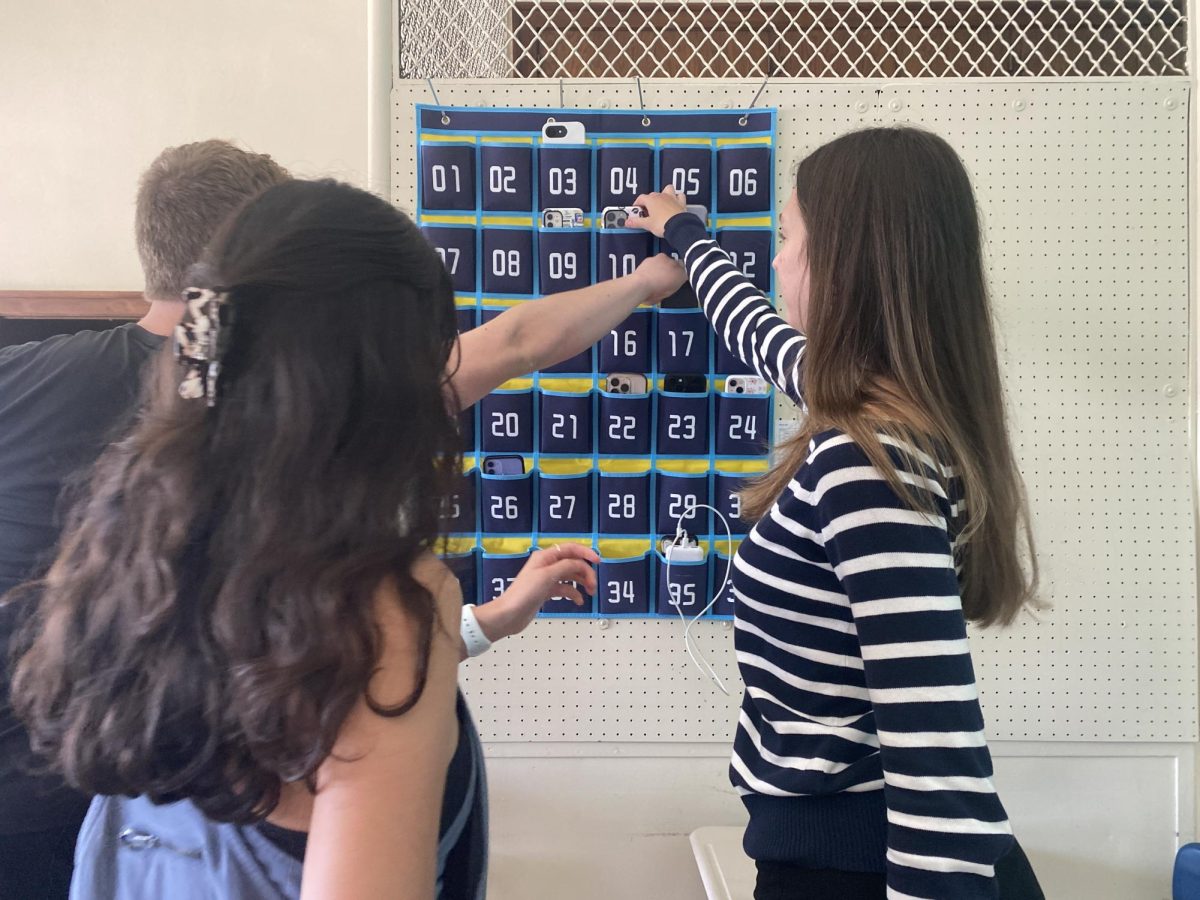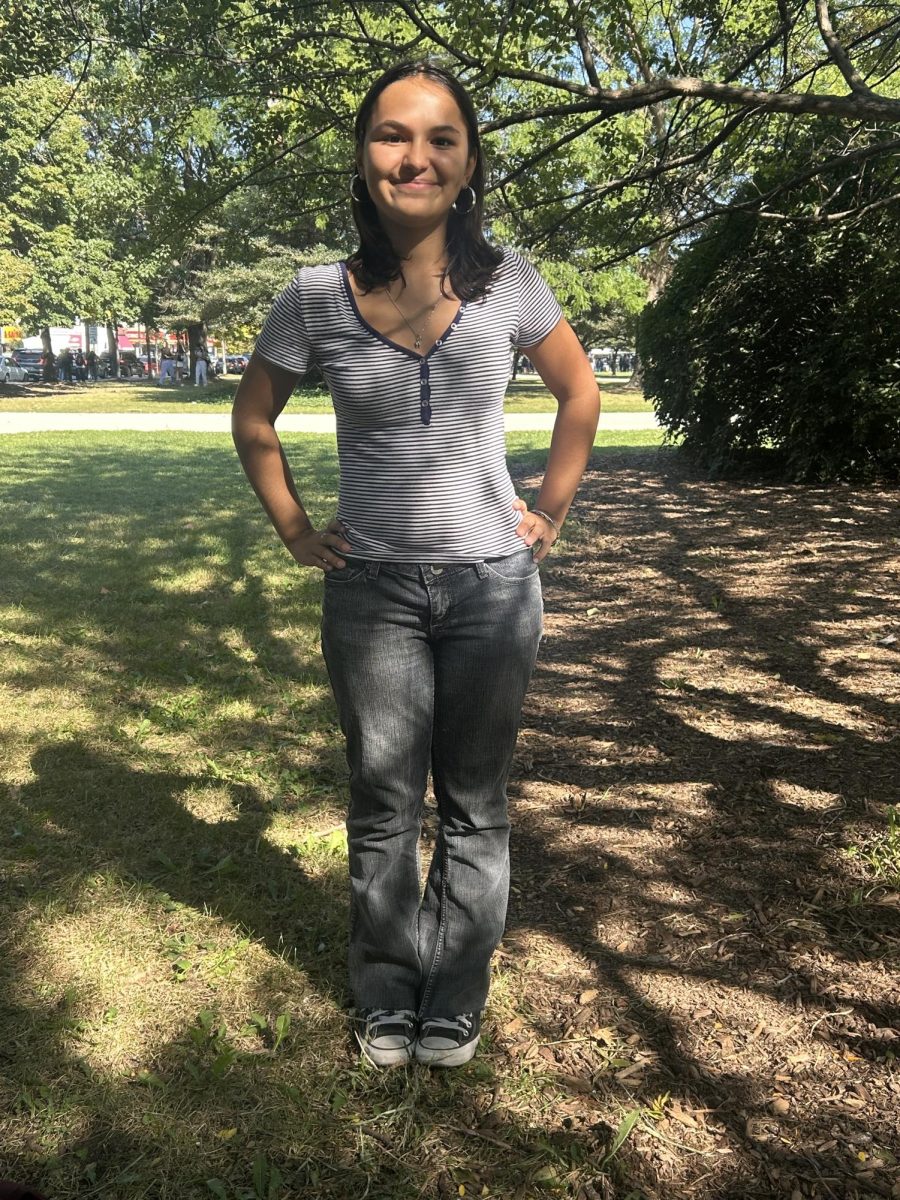For senior Jessica Vazquez, winter brings a notable decline in her mood and energy.
“The winter highly affects my mood in a more negative way,” Vazquez said.
She explained how no amount of sleep can change her exhaustion. By the time the clock hits 5 p.m., the sky is already dark, and for Vazquez, it feels like the day is over before it ever begins.
Her experiences may mirror those of students at Lane Tech. The shift from fall to winter is more than colder weather; it can be a shift in energy, motivation, and mental well-being, marking the arrival of seasonal depression.
Seasonal depression can disrupt students’ daily lives and performance in school. According to Counselor Rosanna Console it’s important for students to recognize the signs early and seek support.
“It’s vital to stay connected with friends and school activities,” Console said. “The Wellness Center, peer support groups, and individual counseling are here to help.”
For junior Makaya Glinsey, the winter brings a shift in mood and energy.
“I get more depressed before Thanksgiving and feel less motivated, especially when it comes to school,” Glinsey said. “Staying busy helps me though. The more I stay on top of my work, the better I feel about myself.”
Senior Grey Liew expressed how hard it is to stay motivated during the winter.
“My mood gets lower, and I have less motivation to do schoolwork,” Liew said. “I tend to sleep a lot and that helps me feel a bit better, but sometimes it feels like nothing is enough.”
Jessica Vazquez has similar feelings.
“The winter makes me feel more tired, and no matter how much sleep I get, I still feel exhausted,” Vazquez said. “It’s so dark by 5 p.m., and the day feels over too quickly.”
To combat these feelings, she has found comfort in spending time with family.
“Movie nights with my sister help me stay connected and keep me from isolating myself,” she said.
Despite the Wellness Center, individual counseling, and peer support groups offered by the Lane, some students feel there could be more done to support them.
“I think the resources are good, but they’re not always clearly communicated,” Vazquez said. “Maybe opening the garden so students can get some fresh air and sunlight could help brighten their day.”
Ultimately, the most important support comes from family, friends and classmates.
“Just being there for someone, even if they don’t want to talk, can make a huge difference,” Glinsey said. “Sometimes just asking if they’re OK is all it takes to show you care.”
As the seasons continue to change, it’s clear that seasonal depression is a problem students may face. “It’s okay to seek help and talk about it,” Console said. “You’re not alone, and there’s support available.”





